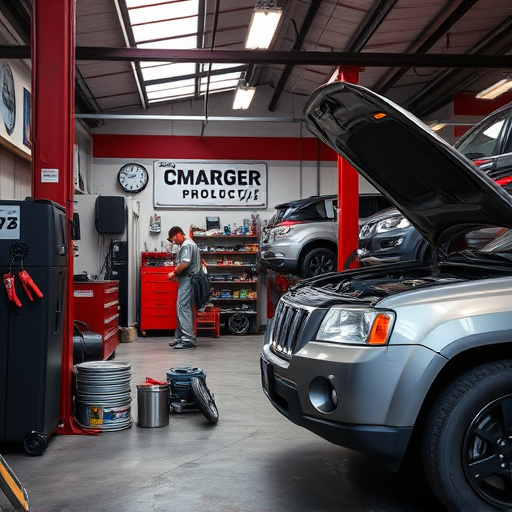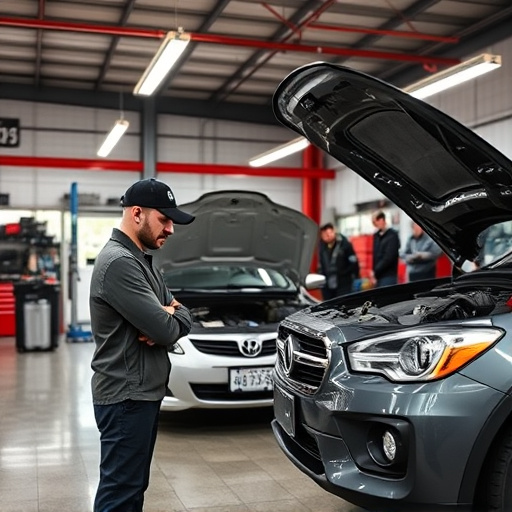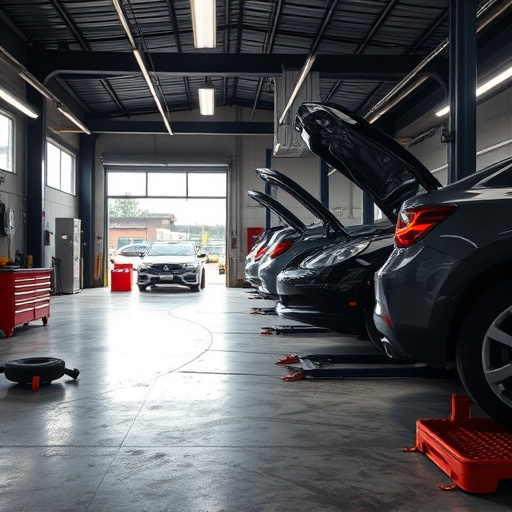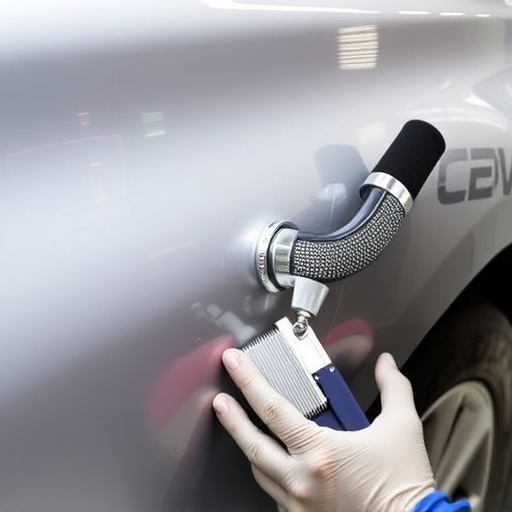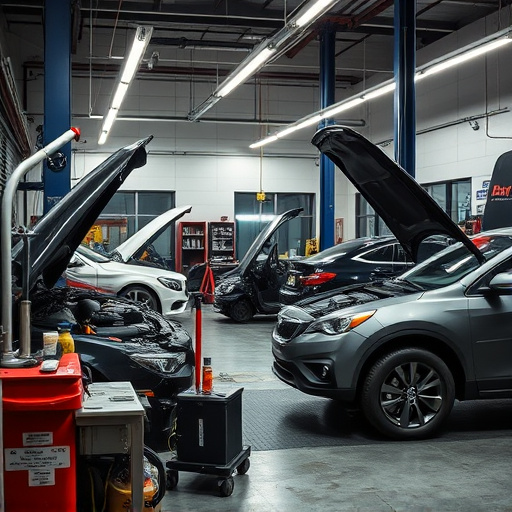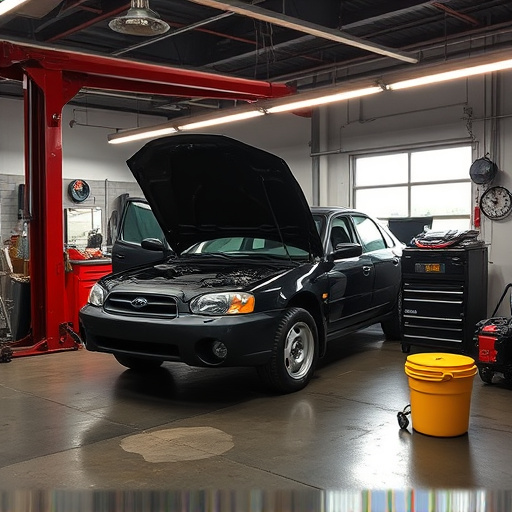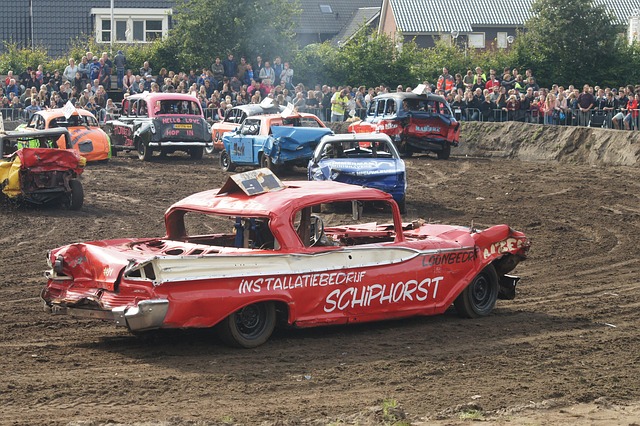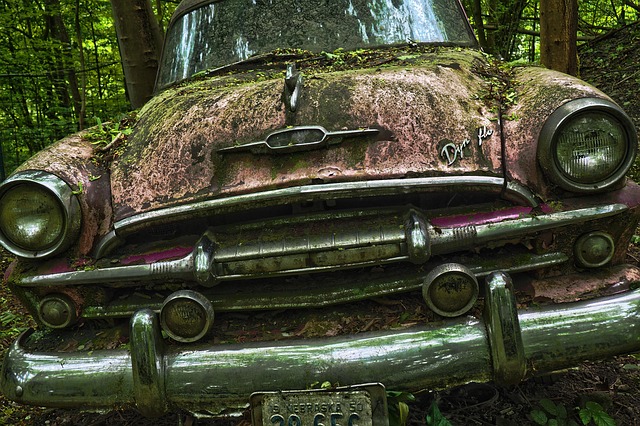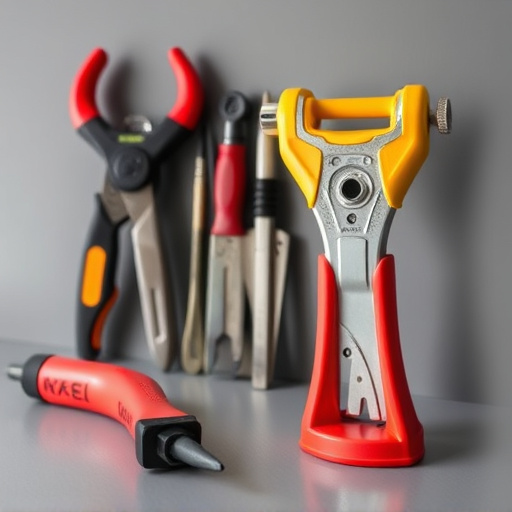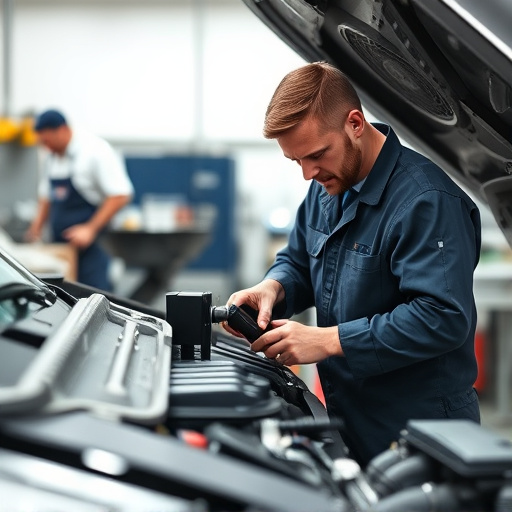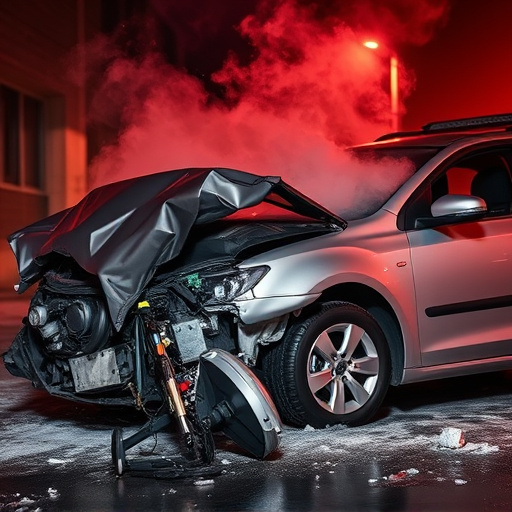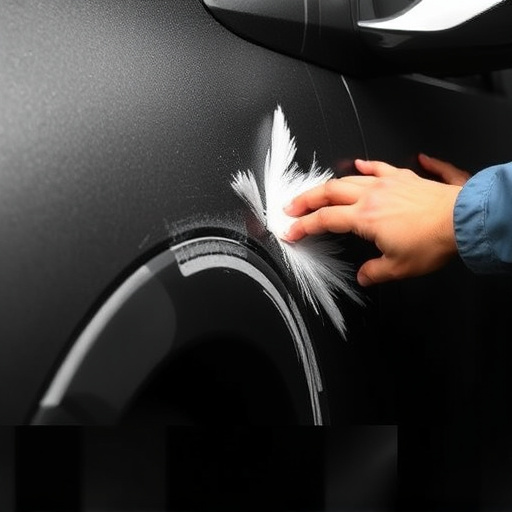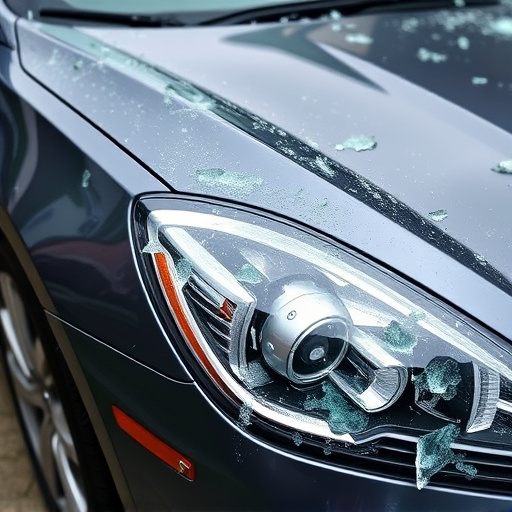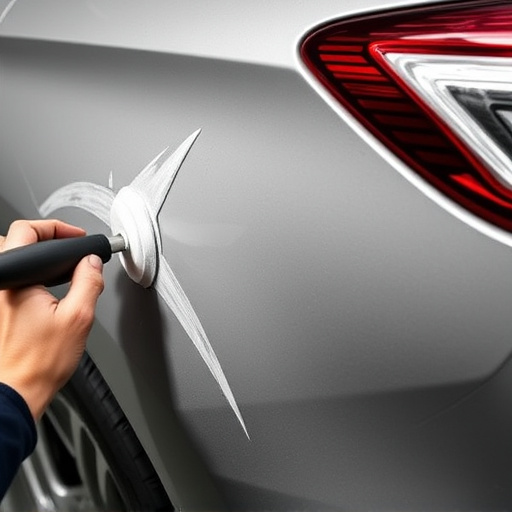"Total loss" declarations for vehicles after accidents are based on accident repair estimates exceeding 70-80% of pre-accident value, influenced by regional factors and insurer policies. Meticulously compare multiple estimates, focusing not just on totals but the scope of work, material quality, labor standards, and shop reputation. Consider the vehicle's age, condition, and availability of replacement parts when deciding whether to write off a vehicle or pursue collision repair services.
“In the aftermath of an accident, understanding total loss based on accurate accident repair estimates is crucial for both insurance providers and vehicle owners. This article guides you through the process of declaring a total loss, offering a step-by-step evaluation of accident repair estimates. We explore key factors influencing this decision, ensuring you make informed choices. By delving into these considerations, you’ll be better equipped to navigate the complexities of vehicle damage assessment.”
- Understanding Total Loss: When Is It Declared?
- Evaluating Accident Repair Estimates: A Step-by-Step Guide
- Factors Influencing the Decision to Write Off a Vehicle
Understanding Total Loss: When Is It Declared?
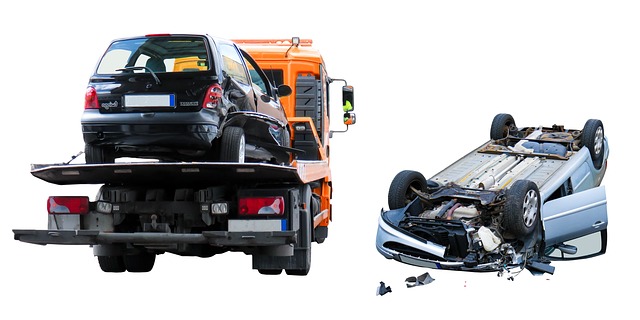
Total loss, or totalled, is a term often associated with severe vehicle damage that renders it unsafe or uneconomical to repair. When considering whether a vehicle should be declared a total loss based on accident repair estimates, several factors come into play. The decision isn’t merely about the cost of repairs; it’s also about safety standards and the practicalities of restoration.
An accident repair estimate will typically evaluate the extent of damage across various components—from structural integrity to mechanical systems. If the estimated repair costs exceed a predetermined threshold set by insurance companies, often around 70-80% of the vehicle’s pre-accident value, then total loss is declared. This threshold varies based on regional factors and specific insurer policies. In such cases, it’s advisable to consult with insurance providers and qualified mechanics to make an informed decision regarding the best course of action—whether to repair, replace, or declare the vehicle a total loss. Considering alternatives like car scratch repair or car dent repair might also offer viable options in some instances, but they wouldn’t be suitable for every type of damage encountered during an accident.
Evaluating Accident Repair Estimates: A Step-by-Step Guide

When evaluating accident repair estimates, it’s crucial to break down the costs involved and understand what each price includes. Start by gathering multiple estimates from reputable collision repair shops or auto bodywork centers. Compare not just the bottom line but also the scope of work outlined in each estimate. This involves assessing every detail, from auto dent repair to more extensive collision repair services. Look for any discrepancies or hidden fees that might push the total cost beyond what’s reasonable.
Next, scrutinize the quality of materials and labor promised. High-quality auto bodywork ensures a safer and more aesthetically pleasing fix. Additionally, consider the reputation of the repair shop, their average turnaround time, and customer reviews to gauge their reliability. By taking these steps, you’ll be better equipped to make an informed decision on whether total loss is the right call or if meticulous collision repair services can return your vehicle to pre-accident condition.
Factors Influencing the Decision to Write Off a Vehicle
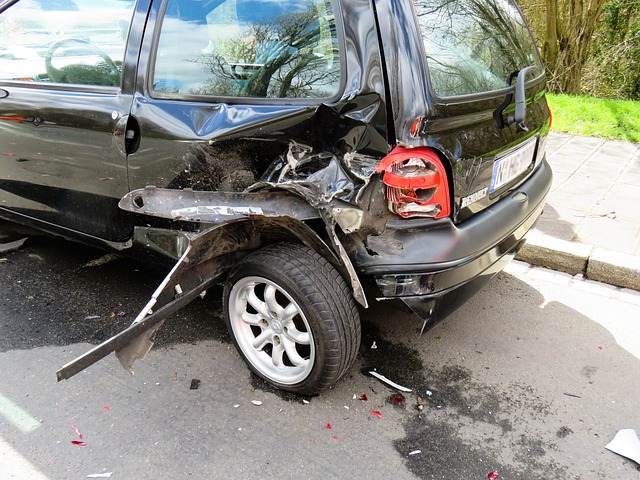
When deciding whether to write off a vehicle after an accident, several factors come into play. One of the primary considerations is the cost of collision repair services. Accident repair estimates can vary greatly depending on the severity of the damage, with some repairs involving complex fender repair or even car bodywork replacement. These estimates are crucial in determining if the financial outlay for repairs justifies keeping the vehicle.
Additionally, the age and overall condition of the vehicle play a significant role. Older cars may have lower resale value after an accident, making it more economical to write them off. The availability of replacement parts and specialized collision repair services also impact this decision. In some cases, finding specific parts or technicians skilled in intricate fender repair can be challenging and costly, leading owners to consider writing off the vehicle as a more practical option.
When making the decision to write off a vehicle based on accident repair estimates, it’s crucial to consider various factors beyond just the cost of repairs. By carefully evaluating your options and understanding the concept of total loss, you can ensure you’re making an informed choice that aligns with your best interests. Remember, while accident repair estimates are essential, they should be one piece of the puzzle in determining the future of your vehicle after an accident.
